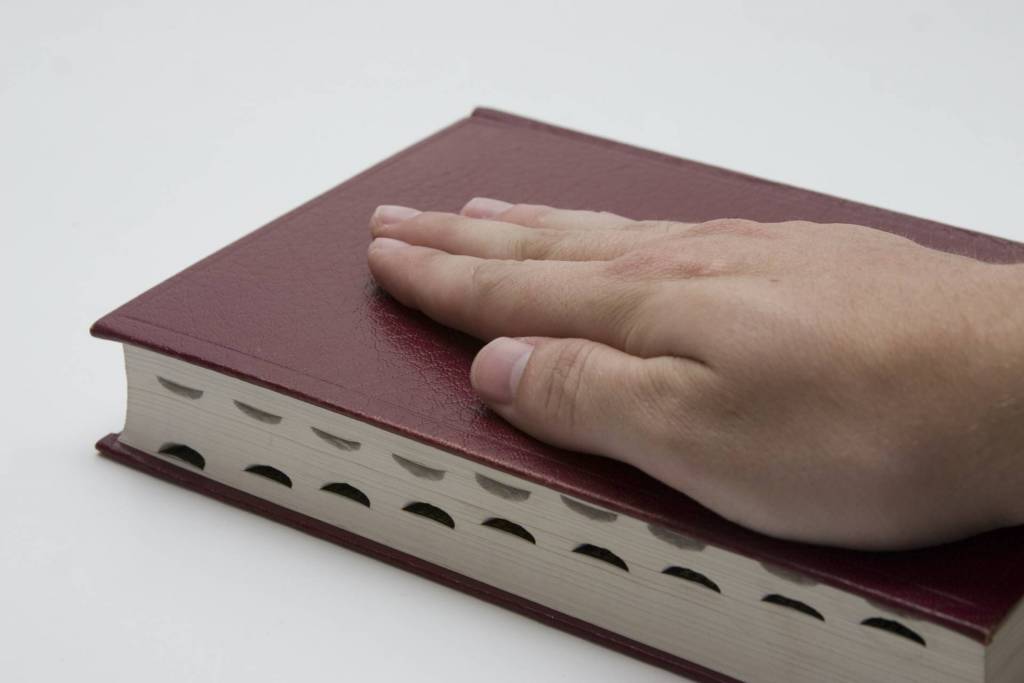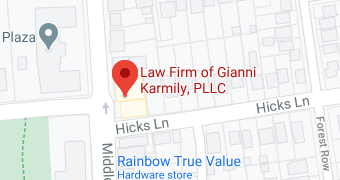The U.S. Constitution guarantees the right to a trial by jury to everyone who is charged with a crime. You also have the right to an attorney’s help. If you are charged with a crime in the Long Island or New York City area, contact a Nassau County criminal defense attorney at once.
People from all walks of life serve on juries in criminal cases. In fact, according to the National Center for State Courts, over 32 million people are called for jury duty every year in the United States.
How is Jury Nullification Defined?
Juries have sometimes ignored the law in cases that involve unjust laws or the unjust application of the law. This is known as “jury nullification.” It happens when a defendant in fact broke the law, but the jury acquits the defendant because the law itself, or its application, was unjust.
Juries can use jury nullification to set aside a law that they believe is immoral or wrongly applied to the accused. In our system, no one, not even a judge, may interfere with a jury. When a jury decides that a criminal defendant is not guilty, the jury’s finding is the final word on the matter.
Historically, How Has Jury Nullification Been Used?
For example, in the 1800s, a federal law compelled citizens in every state to assist law enforcement with the capture of runaway slaves. The Fugitive Slave Act of 1850 imposed harsh fines on anyone who aided a slave in an escape, even by providing food or shelter.
Abolitionists who served on federal juries refused to convict the defendants in these cases, and the effect of their refusals was the “nullification” in each case of the Fugitive Slave Act on moral grounds.
In the 20th century, criminal juries sometimes nullified prohibition era laws and more recent drug laws when the jurors believed that those laws were unjust.
Today, however, jury nullification is rarely about a law itself being unjust. In most cases of nullification, the jury is simply expressing the community’s compassion for an individual who has been prosecuted unjustly or who has already been “punished enough” for his or her actions.
Is Jury Nullification Legal?
The United States Supreme Court has held that jury nullification is legal, but the court has also determined that juries do not need to receive any instructions from a judge regarding jury nullification.
If you are charged with a crime, and if you in fact committed the crime, your attorney cannot directly ask a jury to consider nullification. In New York State, jurors are told that if the state proves a defendant’s guilt beyond a reasonable doubt, the jury must convict the defendant.
How Does Jury Nullification Work?
Jury nullification works for two reasons. Jurors cannot be penalized for their decisions, and defendants who are found not guilty cannot be prosecuted again for the same crime.
When the evidence of a defendant’s guilt is overwhelming and a conviction is almost certain, a Long Island defense attorney may have no choice but to appeal to the jury’s sense of fairness.
How is Jury Nullification Used as a Defense Strategy?
If you are charged with a crime in New York, while your attorney cannot ask a jury to consider jury nullification, your attorney instead may simply decide to portray you as sympathetically as possible and to emphasize who you are and what your role is in your community.
Your attorney may also remind the jurors – in a general way that does not mention nullification – that they are in a powerful and remarkable position to determine the defendant’s fate.
By repeating certain themes and expressing righteous indignation (usually about the power of the state), an attorney can convey to the members of a jury that doing the right thing means an acquittal – even if the defendant in fact committed the crime.
It is not easy for a New York criminal defense lawyer to win a criminal trial through jury nullification. It takes a savvy defense lawyer, a tolerant judge, a sympathetic client, and good, intelligent people on the jury.
Why is Jury Selection So Important?
Picking the right jury is often the key to a verdict based on nullification. If jury nullification is the defense strategy, your attorney must find jurors who will base their decisions on fairness and justice rather than the technical letter of the law.
Judges and attorneys select juries by a process known as “voir dire,” which is Latin for “to speak the truth.” In the voir dire process, the judge and the attorneys for both sides question potential jurors to determine if they are suitable and competent to serve on a jury.
Jurors must be United States citizens, at least age 18, who reside in the court’s jurisdiction and have the right to vote. A juror must be able to sit through a trial, understand the testimony, and then understand and adhere to the judge’s instructions.
Most jurors don’t understand the extent of their power. The need for jurors to understand that power has never been more important. Both state and federal prosecutors now charge individuals with minor or even trivial violations of complicated and confusing state and federal laws.
When Should You Speak to a Defense Attorney?
If you are charged with any crime in the state of New York, exercise your constitutional rights. If you are questioned by the police, simply say, “I prefer to exercise my right to remain silent until my attorney can be present for any questioning.”
Then reach out to a Nassau County criminal defense attorney as quickly as possible. Your attorney will review the details of the charge against you, examine the evidence against you, and develop an aggressive, effective defense strategy on your behalf.
Most criminal cases in New York do not go to trial, so nullification only comes into play in a very few cases. If your attorney cannot have the charge dropped or the case dismissed, he or she may recommend accepting a plea bargain. That’s how most criminal cases are resolved.
Don’t try to negotiate your own plea bargain, sign any legal documents, or act as your own attorney. Anything that you say could be used against you. Instead, work with an attorney who understands the New York legal system and routinely wins justice on behalf of the accused.













